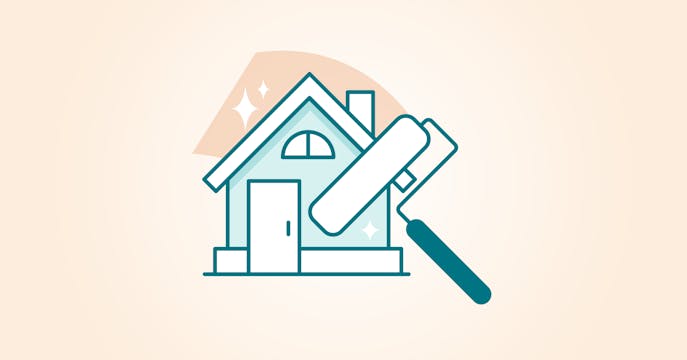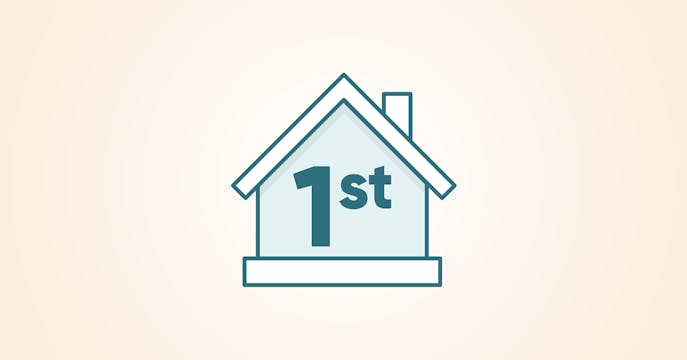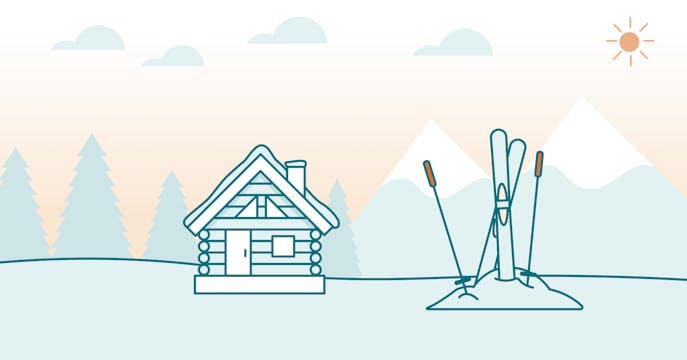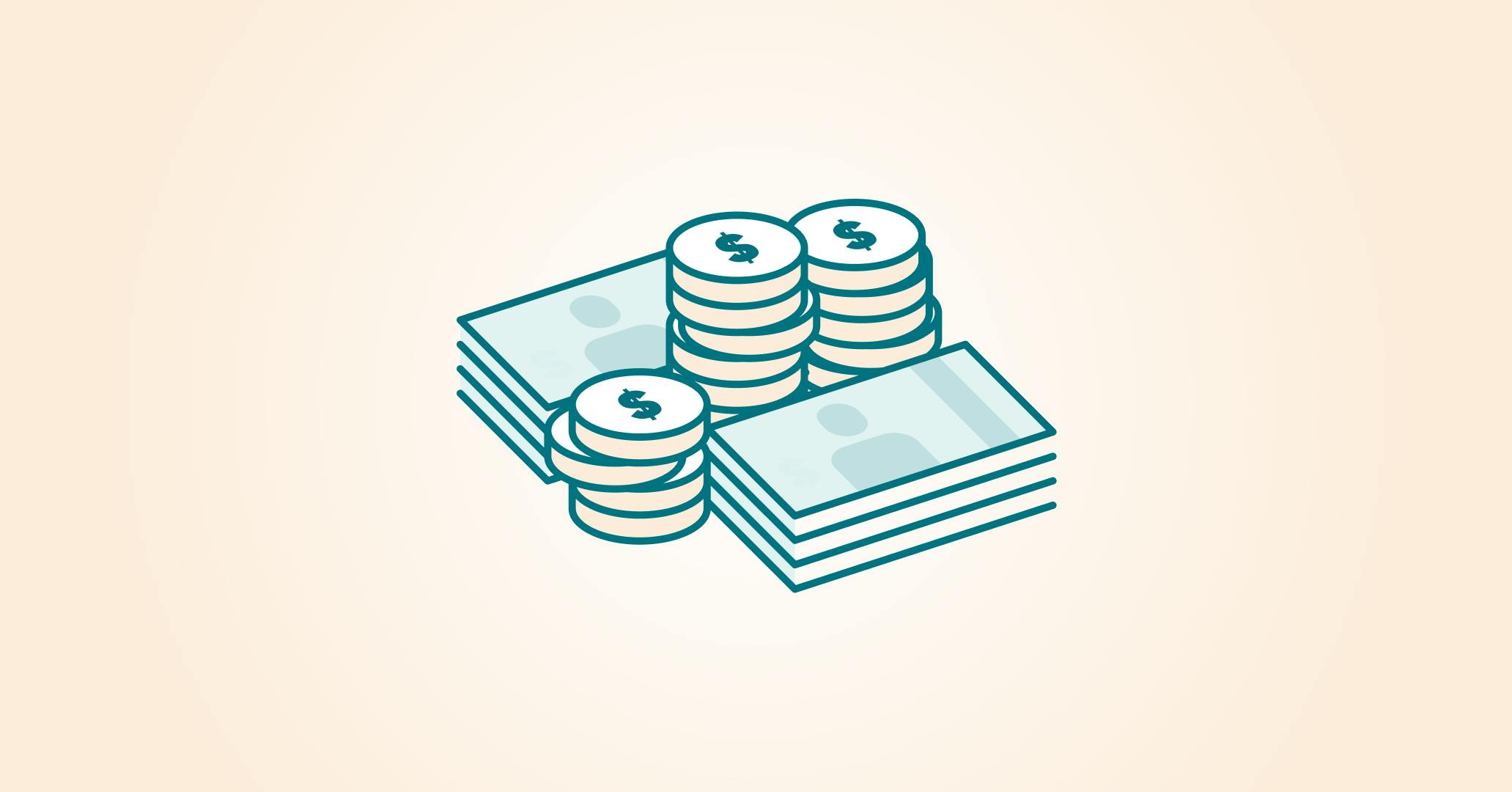Your Income
What's considered income when applying for a mortgage?
Do you have a long-term salary to lean on when getting a mortgage? Or other income sources? Here's how lenders see your mortgage potential.
Money matters, and your income source does, too.
Your annual income is almost always the primary focus of banks when deciding whether you can afford a certain size of mortgage (unless it's an equity-based mortgage). They use income as the base factor in percentages or ratios that show your ability to afford your mortgage payments and still pay your other debts.
But what do lenders consider as income? Not everyone has a traditional salary. Depending on your source, it may impact your mortgage qualification, your down payment size, or the lenders from which you can choose.
How lenders treat income sources
- A long-term salary. A steady salary is considered the easiest way to qualify for a mortgage. It's readily proved by providing the past two years of tax assessment statements, recent pay stubs, and/or a letter of employment.
- Commission income. Lenders will differ on their criteria for this source, due to the typical fluctuations over months or years that make it harder to assess it as a stable flow of funds. They may rely on an average over a particular range of time; the longer the history of commissions that can be shown, the better.
- Bonuses. Different than commissions, bonuses are often left to the discretion of employers. Lenders may use this source as part of your total income, if there is consistency that can be proven over a certain time frame.
- Tips. If you've declared tips on your tax returns for at least the past year or two, lenders may factor them into your total income.
- Self-employed income. Some lenders will accept two years of past tax assessments and financial statements if the income has been (or can be) proven as steady. You'll need mortgage default insurance and may need to provide a larger down payment to secure a mortgage. Alternative lenders or specific BFS (Business For Self) programs may also be an option.
- Rental income. Do you have a secondary suite that brings in cash flow? If you can provide a year or two of proven income, or can prove it for the future, you may be able to add a percentage to your income when qualifying for a mortgage. Some lenders will allow rental income expenses (such as utilities) to be exempt when calculating debt service ratios.
- Child support and alimony. Along with proof of payments, most lenders will allow these sources to be added toward your income if you're the one receiving them. If you're the one paying them, they will usually be deducted from your annual income.
- Pension income. This source typically qualifies as traditional income, assuming that it's received on a regular basis.
How is my income used to determine how much house I can afford?
How lenders calculate affordability can vary, but for the most part, they use two percentages based on your monthly income — your Gross Debt Service (GDS) and Total Debt Service (TDS).
- Gross Debt Service (GDS) should be about 39% of your monthly household income. Add up your mortgage payments (principal plus interest), taxes and heating expenses (and half of monthly condominium fees, if applicable), then divide by your gross monthly household income.
- Total Debt Service (TDS) shouldn't exceed 44% of your monthly household income. Take the housing costs from the above point and add any other debts, such as car payments, personal loans, and credit card payments, then divide by your gross monthly household income.
To add a bit more complexity, there are also new federal government stress-test requirements that may lower the amount for which you can qualify.
We can help. Get pre-approved for your mortgage in minutes, and hold your best rate.
No matter what your income source is, our True North Mortgage brokers know the rules and lenders, and can find the right fit for your situation. Your pre-approval will give you peace-of-mind and a great start in looking for your dream property.
Plus, our volume discount means you'll be able to hold your best rate for up to 120 days to help you save more — anywhere you are in Canada.
Apply now for your best mortgage fit.
more mortgage help

Purchase Plus Improvements
Need to renovate? Welcome to loan sweet loan. One manageable mortgage, one best rate.
Learn More
First Time Home Buyers
Get the best start and save a pile of cash with our mortgage experts.
Learn More
Vacation and Second Homes
Eyeing that second property? Gain ground with our simpler mortgage process and better rates.
Learn More
